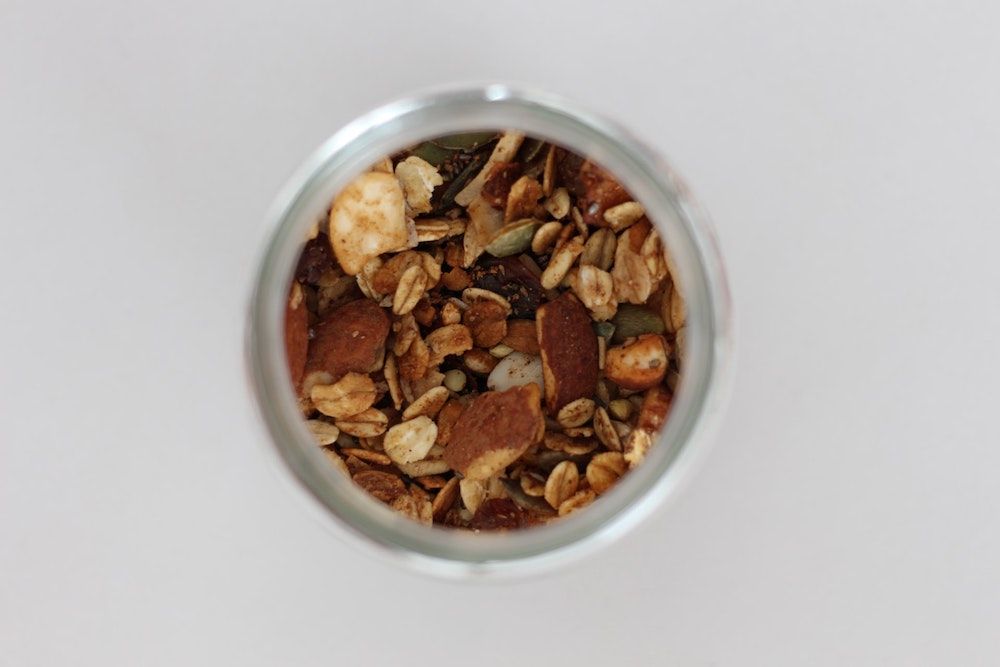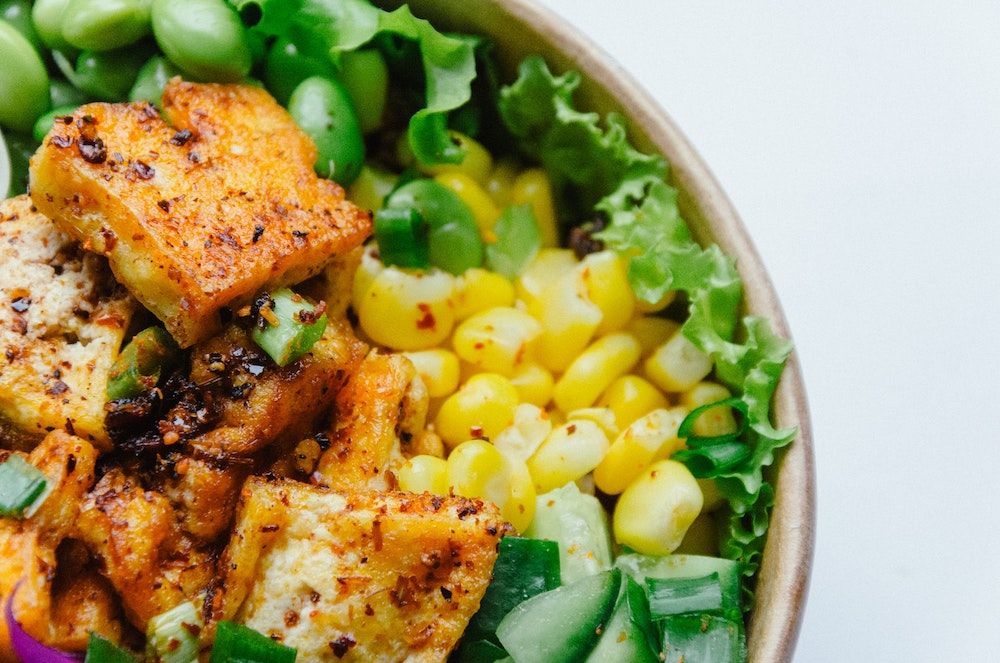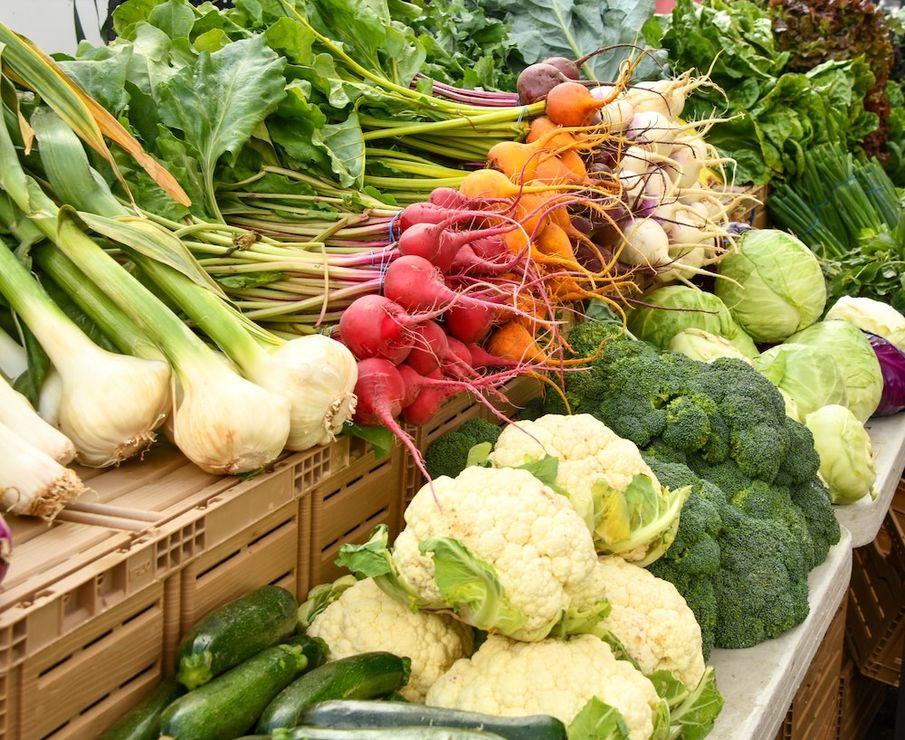Whether it’s tossing and turning through the night, or not being able to drift off in the first place, lots of us struggle to wake up feeling refreshed. We’ve heard of sleep sprays and counting sheep, but could what we eat be just as important?
We all know the importance of a great night’s sleep, but for many of us it’s not easily achieved. Sleep problems are currently on the rise, with a study published in the Journal of Family Medicine and Primary Care showing that around a third of adults struggle with insomnia, and worry-related sleep increased from 15.7% to 24.7% this year. You might read about gadgets that can help us nod off, but what about our diet? Turns out, this can play a big part in our sleep, too.
Research has shown links between what we eat and how we sleep, for example a study in the journal Appetite revealed that those who slept less than seven hours per night tended to eat a less varied diet, while another study found that sleep quality might be linked to our carbohydrate intake.
So, if you’re looking for that perfect eight hours, let’s take a look at some simple food swaps that could help.
1. Swap caffeine for herbal tea
Obviously most of us know not to down a shot of espresso before turning in, but nutritional therapist Beanie Robinson suggests that your mid-afternoon latte could be an issue.
“If you consume 200mg of caffeine at 3pm, you would still have 100mg in your system at around 9pm,” Beanie says. “Caffeine affects the quality of our sleep, so try to think about 2pm being the cut off for caffeine.”
There’s quite a few sleep teas on the market, but is there any science behind them? Camomile is a good place to start, as it contains a flavonoid called apigenin which can help to promote sleep and reduce anxiety.
“Herbal teas such as valerian and lemon balm can be a nice addition to a bedtime ritual,” Beanie adds.
2. Tuck-in to a tryptophan-rich evening meal
This amino acid is thought to help with the production of serotonin and melatonin, which can influence our sleep and mood. In fact, research published in the journal Age found that when people consumed high tryptophan cereals, it increased the length and effectiveness of sleep, along with helping to counteract anxiety and depression. Tryptophan is found in many protein-rich foods, such as poultry, prawns, and egg, but vegans can find it in foods such as mushrooms and sunflower seeds.

3. Go Mediterranean
There’s many benefits to the Mediterranean diet – essentially a diet that centres around eating fruit, vegetables, wholegrains, nuts, and sea food – but did you know it could help you sleep, better, too? Studies have shown that sticking to this diet is associated with improved quality of sleep and taking less time to drift off. Those who followed it also reported waking up feeling more rested, and slept more soundly during the night. There could be several reasons for this, for example sea foods can be high in tryptophan, and the diet is also lower in sugar and processed foods, both of which have been linked to poor sleep patterns. It could also be that those on the Mediterranean diet simply lead a healthier lifestyle, which is again reflected in their sleep patterns.
4. Magnesium-rich foods
We often talk about the health benefits of calcium, but what about magnesium – the mineral that works closely alongside it? Nutritional therapist Beanie Robinson says: “Magnesium is known as nature’s valium, and is a magic mineral that can help promote sleep quality.”
Magnesium is beneficial for relaxing the body, which is why many use it to help soothe restless legs and muscle cramps. But this super-mineral can also help to relax our mind. A study published in the Journal of Research in Medical Sciences suggested that magnesium could help with insomnia in older adults, although it doesn’t seem to increase the length of your sleep time according to other research in Nutrients.

The good news is it’s perfectly possible to get enough magnesium through your diet, without supplementing. “You may like to include magnesium-rich foods, such as black eyed peas, cooked beans, almonds, flaxseeds, and organic tofu,” adds Beanie.
5. Complex carbohydrates
Swapping your carbs could be another way to reach the land of nod quicker. Processed foods contain simple carbohydrates which can cause an energy burst followed by a dip.
Complex carbs, such as brown rice and wholegrains, prevent this energy rollercoaster as they have a low glycemic index.
While there’s no diet that guarantees the perfect night’s sleep, if you’re struggling with getting that elusive eight hours, it could be worth trying these simple diet swaps. Not only do they encourage healthy eating, but they may just help you sleep more soundly this evening.
To connect with a nutritionist to discuss a diet that can support better sleep, visit nutritionist-resource.org.uk


Comments